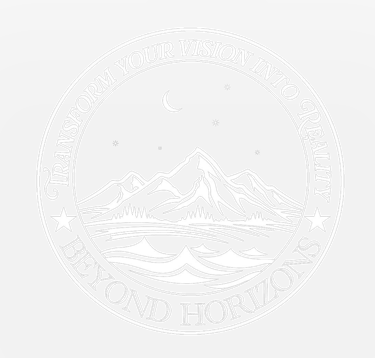Should I Start Early or Late? Does Age Really Matter?
Should I Start Early or Late? Does Age Matter?
Overcoming Limiting Beliefs
How long does it take to become a good photographer? Do I need 10,000 hours of practice to master it? And what if I don’t have that much time?
The truth is, we all set limitations for ourselves—many of which simply aren’t real.
I recently came across the term Brule—short for “bullsh*t rule”—and it perfectly describes those self-imposed barriers we believe in without questioning. Things like:
I can’t do this because I have a full-time job.
I never studied art, so I won’t be any good.
I’m too young to be taken seriously.
I’m too old to learn something new.
Here’s a classic one: “I’m too old to get good at photography.” But I assure you, that’s just another Brule.
I’ve worked with students of all ages and backgrounds—some who had never even turned on a camera before a workshop, others who were seasoned professionals seeking a creative reset. What I’ve learned is that age does not correlate with skill or potential. A camera doesn’t care who’s behind the shutter—it only captures what’s in front of it.
I’ve taught photography to students as young as 15 and as old as 80. The biggest difference? The 15-year-old doesn’t question whether they can become a great photographer. They assume that with some practice, learning, and effort, they’ll improve. They don’t see age as a barrier.
Is that mindset entirely rational? Not really. In many ways, younger photographers lack things that could help them excel—such as life experience, a developed artistic perspective, and a deep understanding of complex situations. So if experience should make learning easier, why do so many people in their 40s or 50s feel like it’s too late to start? Ironically, I’ve found that older learners—especially those in their 70s or 80s—rarely express these doubts.
It’s easy to blame external factors—parents, teachers, a busy schedule—but if improving in photography is the goal, the best thing I can do is surround myself with people who are more advanced than I am.
Whenever I’ve learned something new, my approach has been simple:
Get out of my head.
Figure out what’s needed to play the game.
Join the advanced group as soon as possible.
Why? Two reasons:
1. Being around skilled people eliminates doubt.
Beginners tend to get stuck in a cycle of what ifs— “What if I’m not talented? What if I look stupid? What if I fail?” But when I’m surrounded by photographers who are past that phase, I have less time to dwell on doubt and more time to improve.
2. Seeing others succeed makes it easier to believe I can too.
Every experienced photographer has faced the same struggles. Watching them overcome challenges gives me a roadmap to follow.
Success breeds more success.
While photography is a creative field, most photographers encounter the same learning hurdles. If I can connect with one or two photographers who are ahead of me, my progress will accelerate. There’s no reason to figure it all out alone.
It’s like the age-old question: Who was the first person brave enough to eat an oyster? It might seem intimidating, but if someone else is already cracking them open, I know it’s safe to try. Photography works the same way.
There’s no expiration date on learning. No degree is required. No physical limits stopping me from picking up a camera. Compared to painting, drawing, or sculpting, photography is one of the quickest art forms to learn.
So if I ever catch myself thinking, “I’m too old for this,” the best thing I can do is step away from the doubt, go outside, find another photographer, and start shooting. Before I know it, those hours of self-doubt will be replaced by steady improvement—something people might even mistake for talent.
Let me know if you'd like any tweaks!


